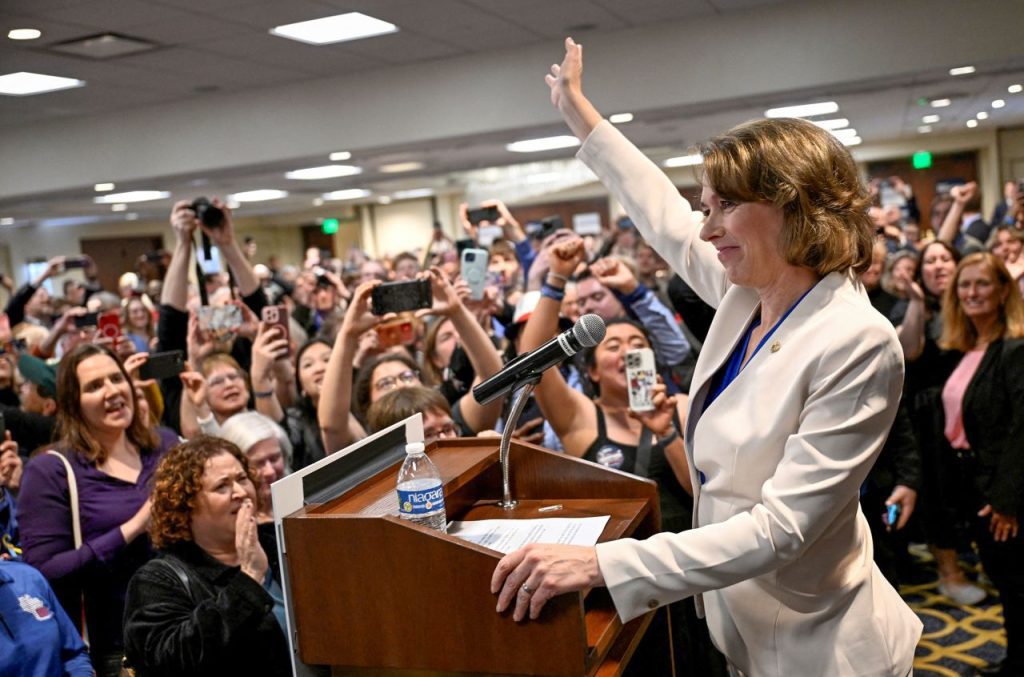
Sacramento, California, April 13, 2025 – A viral claim on social media has sparked outrage, alleging that California Democrats voted to allow a donor of Governor Gavin Newsom to impose a $290 annual fee on residents’ electric bills. Posts on X, shared by users like
@WallStreetApes, claim the California Public Utilities Commission (CPUC) approved the fee with a 4-0 vote, accusing Newsom of favoring his “inner circle” at the expense of consumers. However, as of April 13, no official confirmation supports these allegations.
The claim emerged on April 11, with posts framing the alleged fee as a betrayal of Californians already grappling with rising energy costs. Some users questioned the state’s “green energy” priorities, calling the move a “gift” to Newsom’s donor. Despite the uproar, a search of CPUC records and recent press releases reveals no mention of a $290 fee or a related 4-0 vote. Newsom’s office has also not addressed the claim, leaving its validity in question.
California’s energy landscape provides context for the controversy. Electric bills have surged 20-50% over the past three years for customers of major utilities like Pacific Gas & Electric, driven by grid upgrades and wildfire mitigation costs, per the Los Angeles Times. Newsom has taken steps to address this, including an October 2024 executive order to lower bills while maintaining clean energy goals. Additionally, a 2022 law mandating income-based fixed charges stirred debate, but it was unrelated to the alleged $290 fee, according to CalMatters.
Past utility-backed proposals have faced scrutiny for favoring profits over consumers, such as a 2024 plan to lower bills through securitization that was scaled back after lobbying, as reported by The Sacramento Bee. This history may have fueled speculation about a new fee, but no evidence ties the $290 claim to Newsom’s donors or a specific CPUC decision. The lack of documentation suggests the claim may be exaggerated or inaccurate, possibly stemming from broader frustrations


